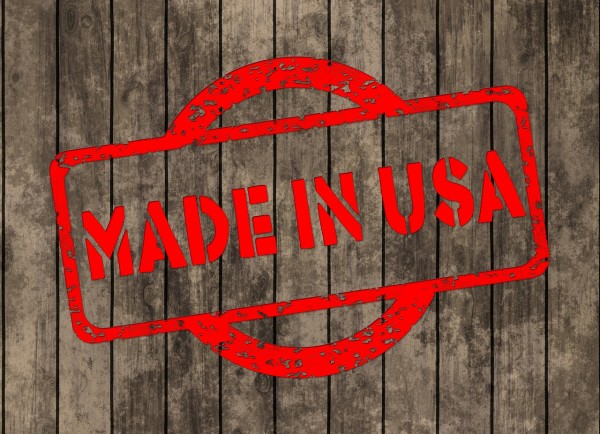$1 Billion Penalty For Inaccurate Meat Labels

It’s not the kind of thing that often makes for front-page news, but it’s worth taking note of this story from across the pond. In late 2015, the World Trade Organization (WTO), ruled that Canada and Mexico are entitled to add a whopping one billion dollars in tariffs onto American goods. This is in retaliation for meat labels which the WTO found discriminated against products made using Mexican and Canadian livestock.
The issue at the heart of this legal battle is the decision to include information regarding the country of origin on labels produced for meat. This information included where the animals were born, raised and eventually slaughtered. The WTO had already found that this information put meat from Canadian and Mexican farms at a distinct disadvantage, but it was the decision regarding the compensation that they could claim that really made headlines. Canada was told it could impose $780 million in retaliatory tariffs while Mexico could impose slightly less at $228 million.
It’s clear that product labels need to be accurate and non-discriminatory. While the manufacturers didn’t lie about where the food was made, the decision to distinguish American, Canadian and Mexican meats instantly put the latter two at a disadvantage when being bought by American consumers. They should have consulted an independent body before doing so, who would have said, like the CFO, that their decision could end up being costly. Now that the dispute is on its way to being resolved though, it’s easy to learn from – especially when it comes to labelling products of your own.
So, what’s the easiest way to avoid finding yourself in a financial mess? First and foremost, you should be sure that your labels are accurate and follow the rules set by the government. In the UK, it’s easy to find out what the laws regarding labelling are – they can be found on the Government’s website. You cannot lie about quantity, size, the price, what it’s made of, how it was made, what it does and anyone that endorses it. If you are producing a food or drink product, then there are additional guidelines that you have to follow too. Unsure about what to include on a label? Never assume – always ask for advice.
Correctly manufactured labels not only keep you on the right side of the law, but will help the prospects of your company too. Accurate information will allow you to build up trust with consumers, which in turn will positively affect your sales. That’s why product labels are so important – they’re integral to your company’s reputation.
For something so small, a product label really does hold a lot of sway over the fortunes of a company. As long as you carefully consider what to include on your label as well as pay close attention to the law, there’s no reason you should run into trouble. Once you’re sure that your label is going to do its job properly and legally, you can concentrate on one thing – the success of your product!
Rob Lorkins works for the leading UK label manufacturer, Labelnet. Based in Ongar, Essex, Labelnet design and manufacture high quality branded labels, stickers and packaging.
